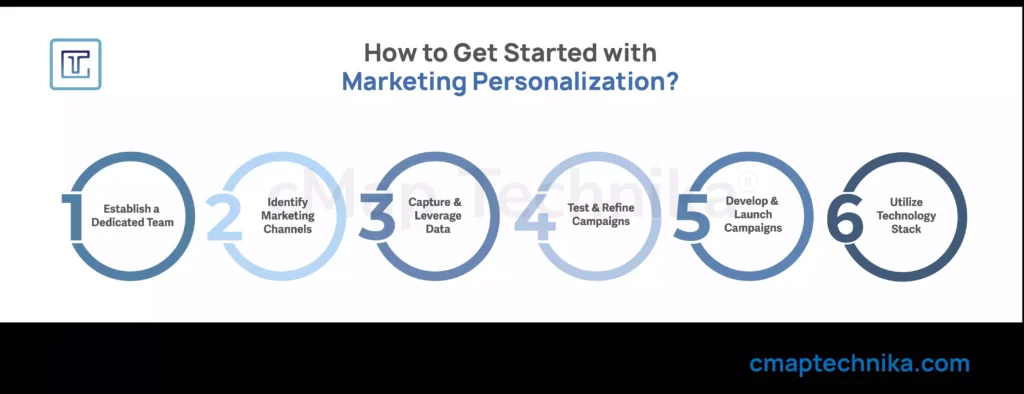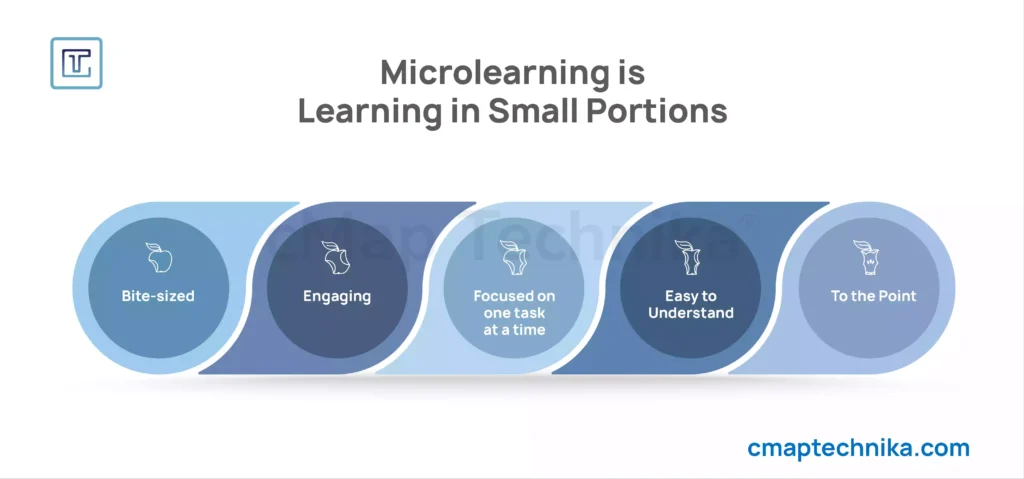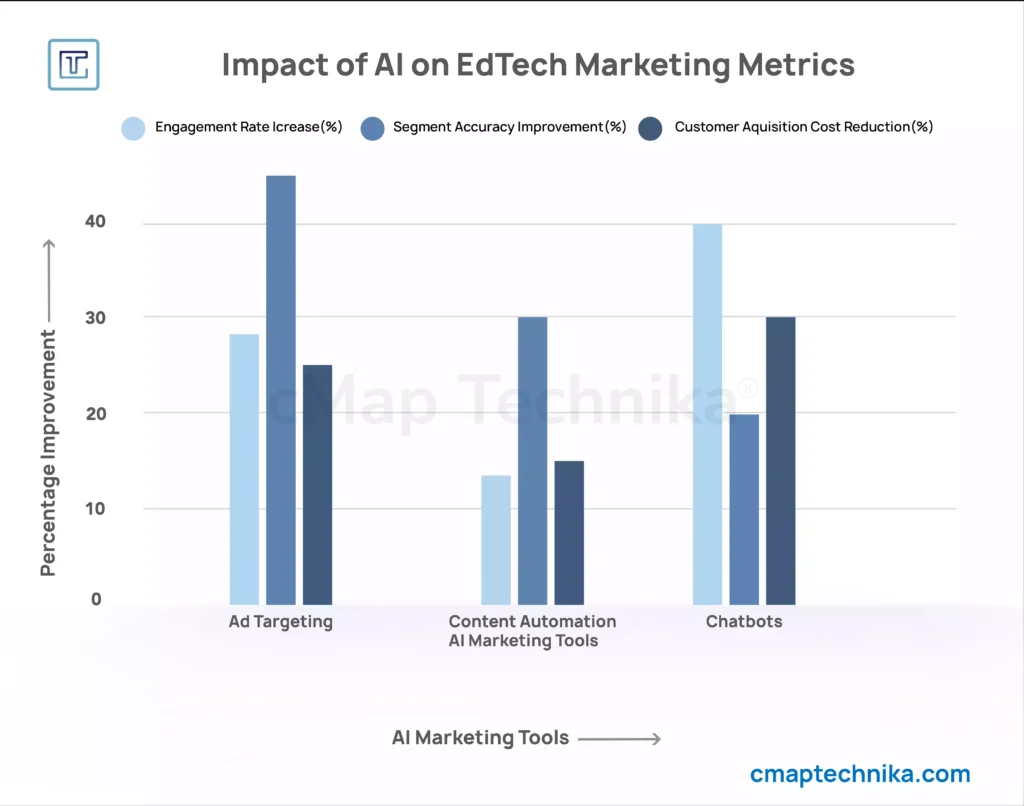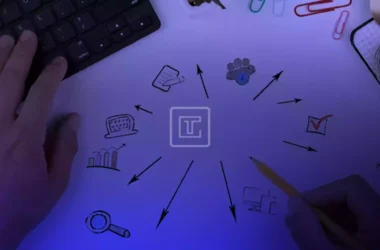The EdTech industry has seen a dramatic evolution in recent years, driven by technological advancements and a growing demand for digital learning solutions. As education becomes increasingly digital, the way companies market their products and services must evolve to meet the needs of modern learners. In 2025, EdTech marketing is set to transform through innovative strategies that focus on personalized experiences, data-driven insights, and greater digital engagement.
At Waltcorp, we specialize in helping EdTech companies navigate these shifts, ensuring they stay ahead of the curve with strategies that drive growth and engagement. Let’s explore how EdTech marketing is changing and what the future holds for educational experiences.
The Shift to Personalization

Personalization has become a central focus of digital marketing across many industries, and EdTech is no exception. As learning becomes more individualized, marketing efforts must also cater to specific needs and preferences. Personalized content—whether through targeted emails, customized ads, or tailored website experiences—ensures that potential customers receive relevant information that speaks directly to their unique challenges and aspirations.
For example, using learner behavior data, EdTech companies can create campaigns that address specific pain points, such as a lack of engagement or the need for personalized learning paths. This approach builds stronger connections with potential customers, making it easier for companies to communicate how their products meet unique educational goals.
The Rise of Interactive and Immersive Content
Interactive and immersive content is at the forefront of EdTech marketing strategies in 2025. In the same way that EdTech solutions aim to create engaging learning environments, marketing teams are adopting similar tactics to captivate their audiences. From gamified experiences to virtual reality (VR) demos, these types of content engage potential users in a more meaningful way than traditional static ads or articles.
For instance, VR technology allows EdTech companies to showcase their platforms by allowing users to experience a “virtual classroom” or walk through simulations of what learning with their product looks like. This not only grabs attention but also helps prospects visualize how the platform can improve their learning experience.
Video Marketing and Micro-Learning

Video marketing has long been a powerful tool in the EdTech sector, but its importance is increasing in 2025. With attention spans shrinking, short-form videos, such as bite-sized tutorials or product demos, are more effective than ever. These videos can quickly convey the value of a product, demonstrate its ease of use, and highlight its key features in a matter of seconds.
Moreover, micro-learning content is gaining traction, especially in the EdTech space. Short, digestible videos that focus on specific learning outcomes are perfect for busy professionals, educators, and learners. When combined with video marketing, micro-learning enables EdTech companies to position themselves as thought leaders while delivering valuable content to their audience.
Data-Driven Marketing and Analytics
The importance of data in shaping effective marketing strategies cannot be overstated. In 2025, EdTech companies will increasingly leverage analytics tools to track customer behavior, identify trends, and refine their marketing campaigns. By gathering insights into how users interact with content, companies can optimize their approach, ensuring that they are reaching the right people with the right messages at the right time.
Moreover, data-driven marketing allows companies to focus on customer retention, not just acquisition. Through continuous engagement and targeted campaigns, EdTech providers can build lasting relationships with learners, educators, and institutions. Retargeting ads, follow-up emails, and personalized recommendations are some of the ways that data can be used to improve conversion rates and loyalty.
The Role of Social Media and Influencers

In 2025, social media will continue to play a critical role in EdTech marketing strategies. Platforms like Instagram, TikTok, and LinkedIn are ideal for reaching different segments of the education market, from K-12 learners to higher education institutions and professionals. These platforms allow for visually compelling content that resonates with diverse audiences and encourages interaction.
Influencers, particularly those in the education and tech sectors, are also an important component of EdTech marketing. Partnering with thought leaders, educators, or industry experts to promote products or share insights can help increase brand credibility and expand reach. As learners and institutions increasingly turn to social media for educational advice, influencer marketing is poised to become an indispensable tool in the EdTech marketing playbook.
Leveraging AI for Targeting and Automation
Artificial Intelligence (AI) is playing a key role in transforming EdTech marketing in 2025. With AI, marketing teams can improve targeting efforts by analyzing data to identify patterns and predict the behavior of potential customers. By using machine learning, AI can optimize ad placements, automate personalized content delivery, and even suggest the right courses or solutions based on a user’s preferences.
AI-powered chatbots are another valuable tool in EdTech marketing. These bots can answer questions, provide instant support, and guide users through the decision-making process, all while collecting valuable data about customer preferences and behavior.
Strategic Partnerships and Community Building
Building strong relationships with educational institutions, governments, and non-profit organizations is becoming increasingly important in EdTech marketing. These partnerships open doors for collaborations and enable companies to extend their reach to a wider audience. In addition, forming online communities where educators, students, and professionals can share experiences, tips, and feedback helps companies build trust and loyalty among their customer base.
For example, creating an online space for teachers to connect and discuss best practices related to using EdTech tools not only promotes the brand but also facilitates authentic peer-to-peer engagement. This strategy nurtures long-term relationships and ensures that the product or service remains top of mind.
Conclusion
As EdTech marketing continues to evolve in 2025, companies will need to adopt more personalized, data-driven, and interactive approaches to engage with their audiences effectively. Through innovative use of content, AI-powered tools, and strategic partnerships, EdTech marketers can stay ahead of the competition and meet the growing demands of modern learners.
At Waltcorp, we help EdTech companies leverage these trends to enhance their marketing strategies and ensure they remain relevant in a rapidly changing landscape. By embracing the future of digital engagement, EdTech companies can create more personalized, impactful, and successful educational experiences.






